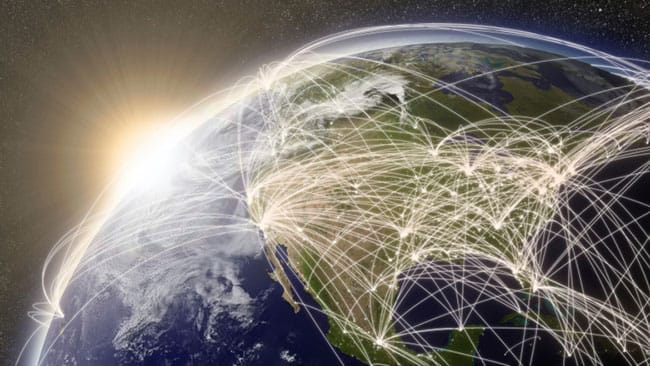I am a proud citizen of both the U.S. and Australia. My personal biography informs most things I do. I think it also gives me some insights into how best to position the Wharton School, and the U.S., in the global 21st century.
Like many Australians, I grew up fascinated about the world. While I didn’t go backpacking in Europe, I did come to Duke University to do a Ph.D. It changed my life, forever.
I see people like me every day. People born in other countries who were attracted to America by the incredible opportunities the country offers people with talent and ambition the world over. And people who in turn make big contributions to the U.S., throwing themselves into their new American lives.
This immigration-innovation nexus, I believe, is the greatest asset the U.S. economy has—and a very powerful reason America has bounced back from the financial crisis more strongly than many thought and more strongly than other developed nations.
But there has been an unfortunate consequence of the fact that the U.S. became such a powerful magnet for global talent in the 20th century. The world came to America; America didn’t have to go to the world.
Growing up in a small country like Australia, I was never under the illusion the world would come to us. That is why, like so many Australians, I wanted not only to travel overseas, but to live outside Australia—to meet very different people, to live a very different life.
So the parochialism that many outside the U.S. castigate about America makes good economic sense. For a hundred years, the world has come to the U.S.
With the global center of gravity gradually moving away from the U.S., now it is probably time for America to become a little more Australian by embracing the big world out there. The world will continue to come to the U.S. But it is now time for the U.S. to go to the world too.
That is why I am such a big fan of the new Penn Wharton China Center in Beijing. We have a lot to offer China, but, equally, we have lots to learn from China. That is why I support international experiences for all of our students.
Elite American universities like Penn have faculty and students from all over the world. To really become global, you have to spend meaningful time in other countries. Absorbing the culture and history. Seeing the world through others’ eyes.
There is just nothing like a Jakarta traffic jam to make clear the promises and pitfalls of emerging markets. Just last week, I was bowled over by the throngs of Chinese tourists in Florence to learn about Renaissance art and architecture. Talk about globalization.
Editor’s note: The original version of this article appeared on LinkedIn on July 2, 2015.


























